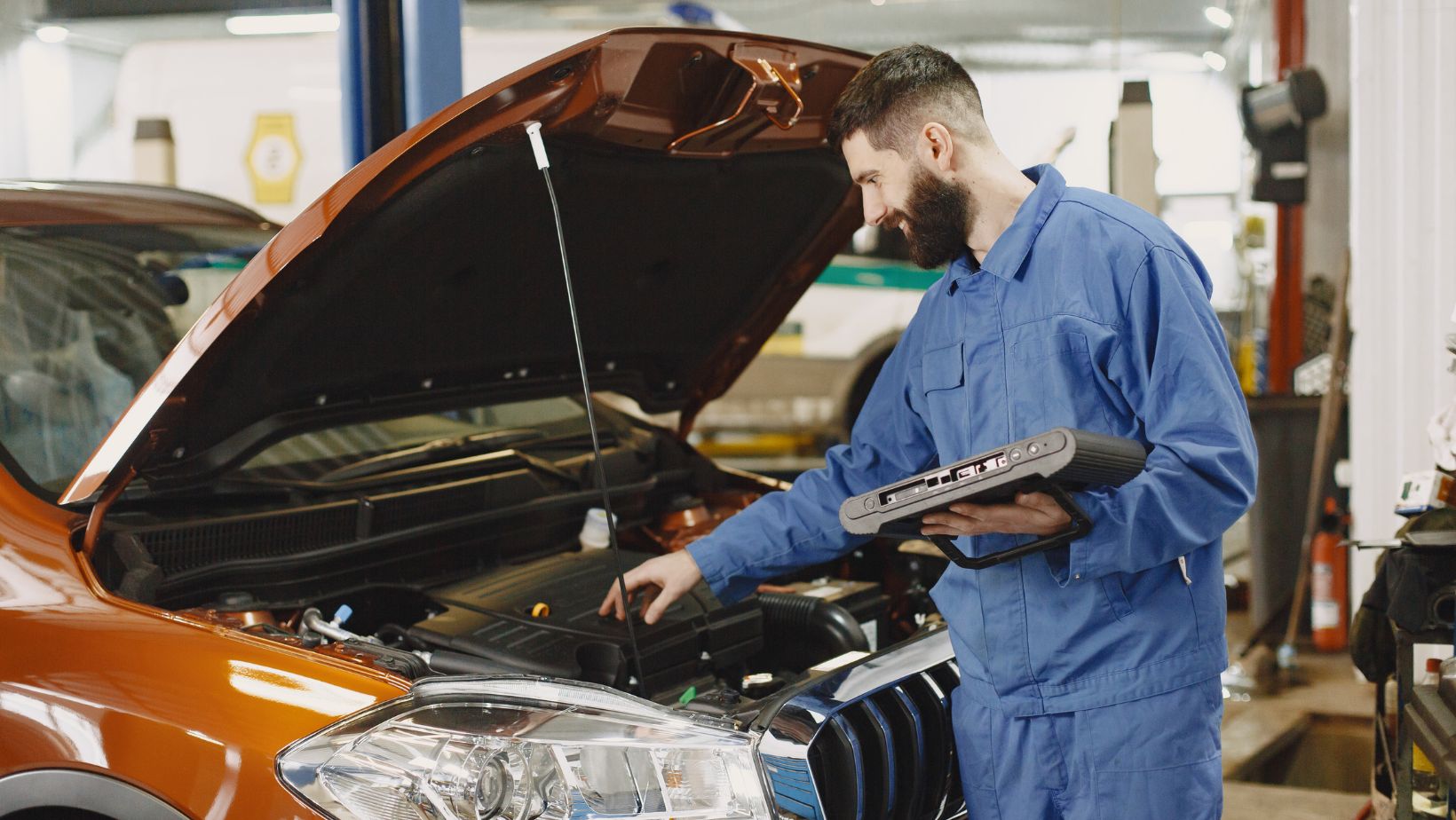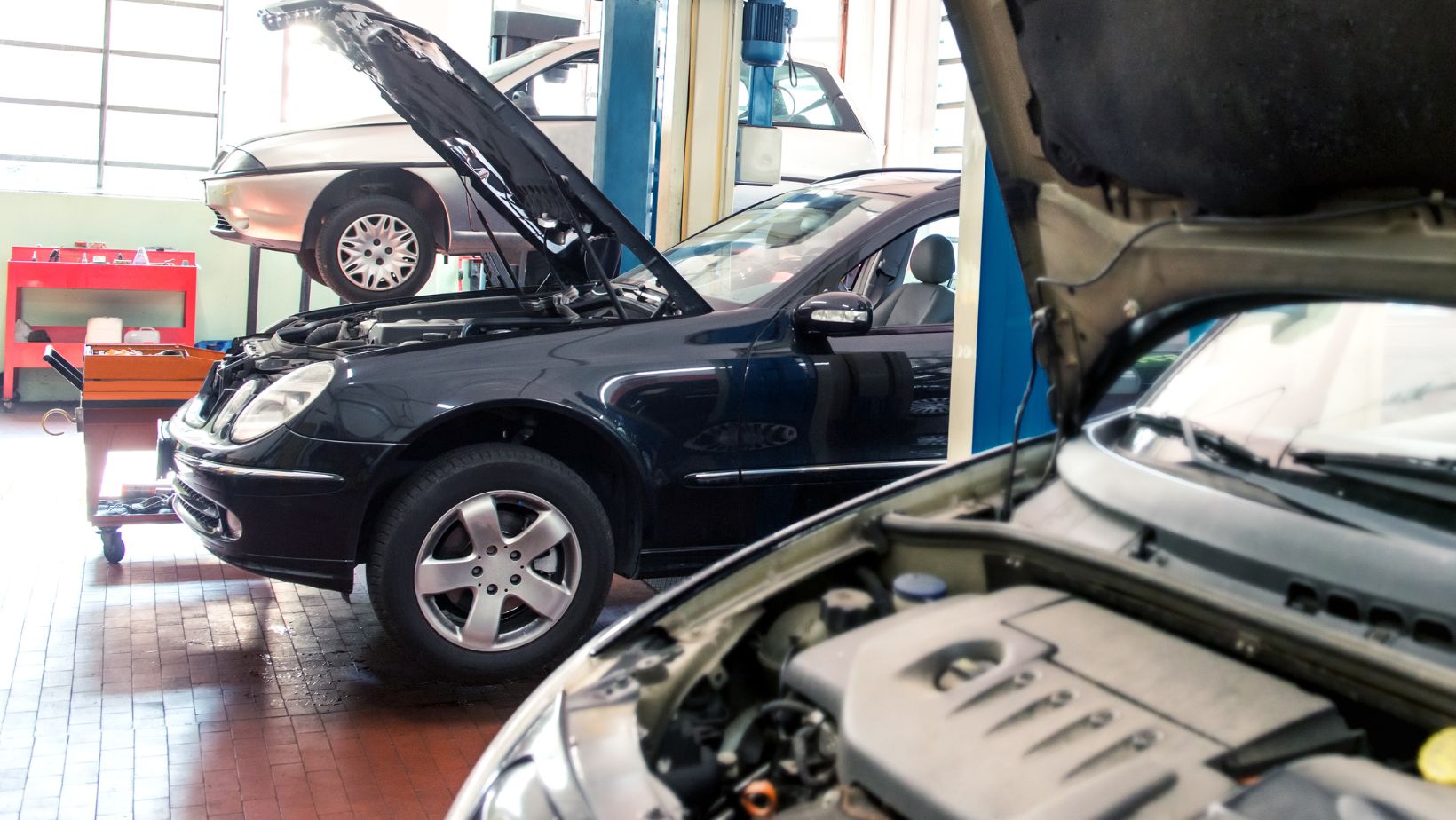 Radiator Repair Cost Car
Radiator Repair Cost Car
Wondering about the cost of repairing your car’s radiator? Well, let me shed some light on this topic. When it comes to radiator repair costs for cars, several factors come into play. It’s important to understand that the cost can vary depending on the make and model of your vehicle, as well as the extent of the damage to your radiator.
The average cost of a radiator repair for a car can range from $200 to $900 or more. This includes both parts and labor. Keep in mind that prices may differ based on where you live and where you take your vehicle for repairs. Additionally, if other components in your cooling system need attention, such as hoses or thermostats, these additional repairs can also impact the overall cost.
It’s worth noting that attempting a DIY fix for a damaged radiator may seem tempting, but it’s generally not recommended unless you have experience in automotive repairs. Radiators are complex systems that require specialized knowledge and tools to properly diagnose and fix issues. So, it’s often best to consult with a professional mechanic who can assess the problem accurately and provide an appropriate solution.
In summary, when considering the cost of repairing your car’s radiator, factors like vehicle make and model, extent of damage, location, and additional repairs needed all contribute to the final price tag. Consulting with a professional mechanic is crucial for an accurate diagnosis and repair plan.

Factors Affecting Radiator Repair Costs
When it comes to radiator repair costs for your car, several factors can influence the final price. Understanding these factors can help you anticipate what to expect and make informed decisions about your vehicle’s maintenance needs. Here are some key considerations:
- Type of Radiator: The type of radiator in your car plays a significant role in determining the repair cost. Different cars have different types of radiators, such as aluminum or copper-brass radiators. Aluminum radiators tend to be more expensive to repair due to their higher material costs.
- Severity of Damage: The extent of damage or malfunction affecting your radiator will impact the overall repair cost. Minor issues like leaks or clogged coolant lines may require simple repairs, while major damages like cracks in the core or corrosion may necessitate more extensive repairs or even radiator replacement.
- Labor Charges: The labor charges associated with radiator repairs can vary depending on where you take your car for service and the expertise required for the specific repair job. Mechanics with specialized knowledge and experience may charge higher labor rates, but they also offer a higher level of skill and precision.
- Replacement Parts: If any parts need to be replaced during the repair process, such as hoses, gaskets, fans, or thermostats, these additional expenses will impact the overall cost. Opting for high-quality OEM (Original Equipment Manufacturer) parts might come at a premium compared to aftermarket alternatives but could provide better performance and durability.
- Location: Repair costs can also vary based on geographical location due to differences in labor rates and local market conditions. Urban areas with higher living costs and greater demand for automotive services may generally have higher prices than rural areas.
It’s important to note that these factors are not exhaustive and that each situation is unique when it comes to radiator repairs for cars. Consulting with a trusted mechanic or obtaining multiple quotes from reputable auto shops can help you gauge the specific costs associated with your radiator repair needs. Remember, timely maintenance and addressing radiator issues promptly can potentially save you from more extensive repairs and higher costs down the road.

 Radiator Repair Cost Car
Radiator Repair Cost Car





































